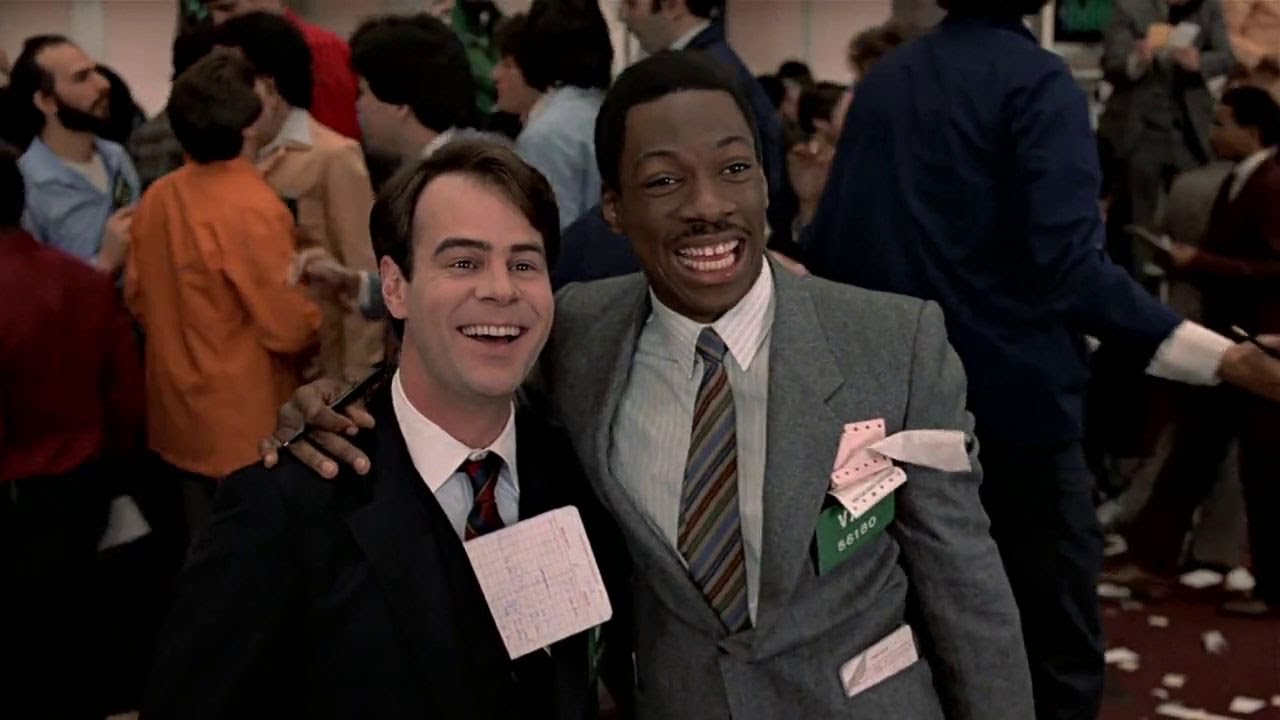
Every 10 years or so, Hollywood tries to latch onto the economic angst of the country with a comedy.
Think of the Eddie Murphy and Dan Aykroyd classic, “Trading Places,” which skewered the misplaced values of 1980s traders. Or “Fun with Dick and Jane,” which had Jim Carrey and Téa Leoni resorting to an escalating series of heists to bring down a ’90s CEO villain played with good ol’ boy flair by Alec Baldwin.
The latest in the getting-even genre has Morgan Freeman, Michael Caine and Alan Arkin as retirees who get financially screwed by a bank.
One sees his mortgage triple thanks to a poorly explained refi. The others have their pensions frozen in a steel company closing, then the pension fund is taken over by the same evil bank.
Naturally, being Hollywood, the answer is to rob the bank, and that’s where the laughs ensue in “Going in Style,” as three men in their 80s plan a robbery well above their abilities and experience, all the while cracking jokes as only a trio of Oscar winners can.
There’s nothing funny about actual bank robbery, of course. But what rings true to viewers in all three of these comedies is the overwhelming desire for revenge, however clumsy the effort.
The 1980s were a time of extremes and abuses in the markets as traders binged on power and excessive consumption. It’s hysterical when Aykroyd and Murphy turn the tables on their bosses.
Baldwin’s southern-accented CEO is a dead ringer for the jailed Enron crowd, so you cheer as Carrey ups the ante and targets his boss’s ill-gotten fortune via a high-stakes bank caper.
Similarly, you will cheer on the bumbling pensioners in “Going in Style.” The guilt of the bankers they take down is palpable.
What rings true here is that many millions of Americans were hurt by the 2008 housing crash and the subsequent stock market collapse. It’s telling that essentially nobody of consequence in charge of the major banks was punished for their greed.
It’s turns out to be very hard to prove guilt when the “crime” is taking immeasurable risks with other people’s money.
As millions of Americans start to retire, what they’re starting to learn is that something very much like the 1980s and 1990s financial misdeeds and the 2000 housing and banking debacle has happened to their own, private retirement plans.
The bad guys are the same. Big name retirement firms overcharge their clients by an estimated $47 million a day, according to White House research. That’s how much retirement investors lose to high fees on their retirement investments.
You’d think people would notice tens of millions of dollars leaving their accounts, but Wall Street has this trick perfected: Make a fee seem small when it’s not.
Coming up short
Most financial advisors charge their clients a “standard” fee of 1%, which to the unsuspecting customer sounds like nothing. The advisor then buys mutual funds which cost the client, on average, another 1%. Often, they get paid extra by the funds just for recommending them.
What gets by people is that the 2% charge (or more) is taken from their account balance every year, regardless of what happens in the stock market. Over time, the cost of stock pickers and advisors ends up being substantial. One-third and up to half of your market gains go to them, not you.
That’s a big part of the reason why so many otherwise diligent retirement savers are coming up short now that they need their money.
The Trump administration is working to do away with a rule, put in place by the previous administration’s Department of Labor, which would require retirement advisors to act in the interest of their clients first.
Called the fiduciary rule, it was supposed to take effect just this past week. Now the rule is delayed until June and, by then, the current administration may find a way to kill it completely.
Now, $47 million a day is no laughing matter, but we can’t help but wonder, 10 years from now, who will play the comically aggrieved retiree bent on revenge in the eventual movie. Jack Black, perhaps? As for the Trump role, we imagine Alec Baldwin will be available.
One hopes, of course, that cooler heads will prevail and that the fiduciary rule will take effect without further delay. Until then, we’ll be making the popcorn.





